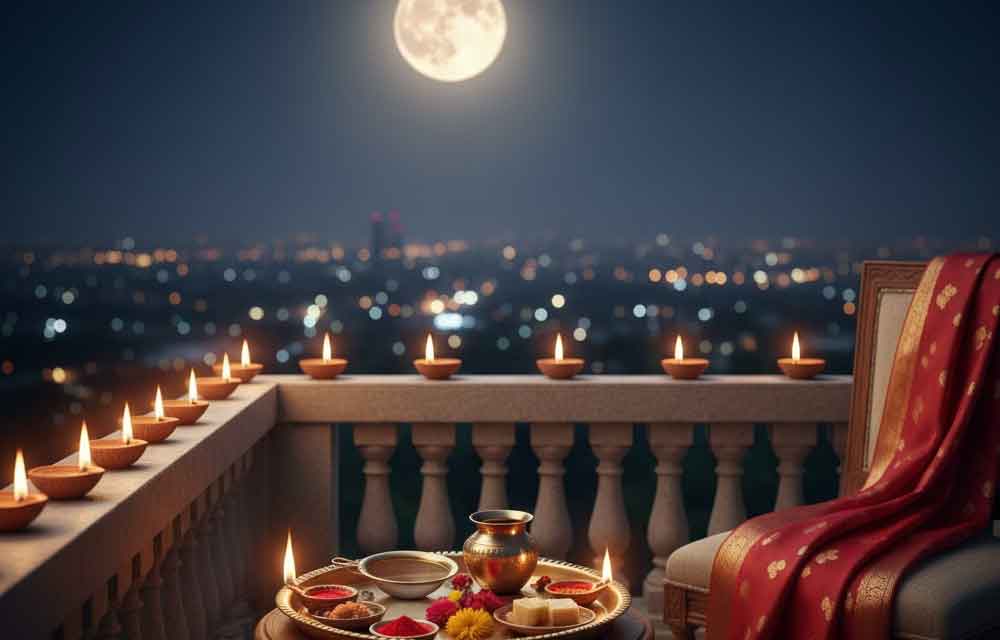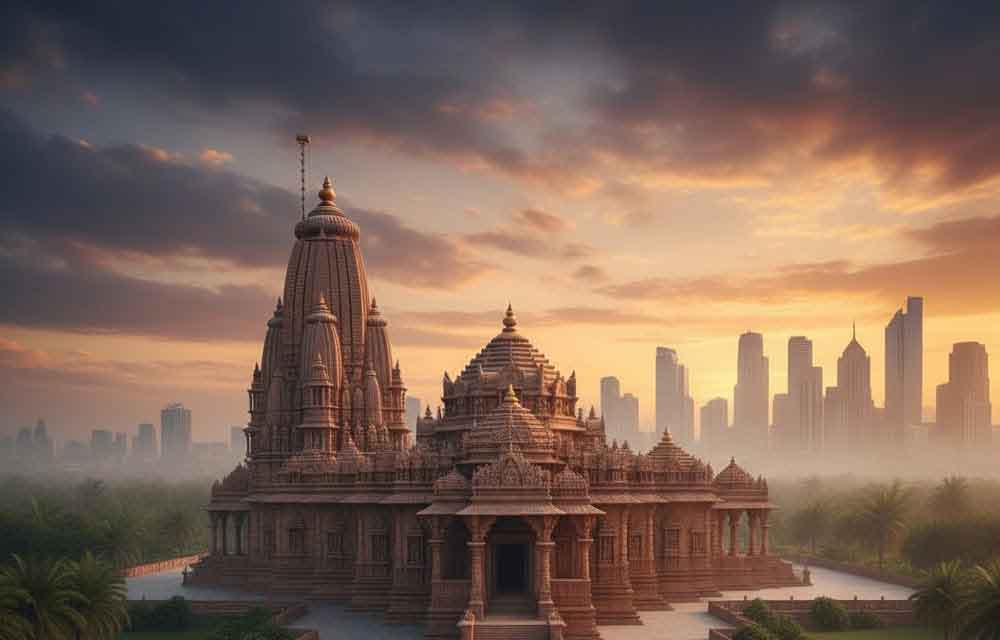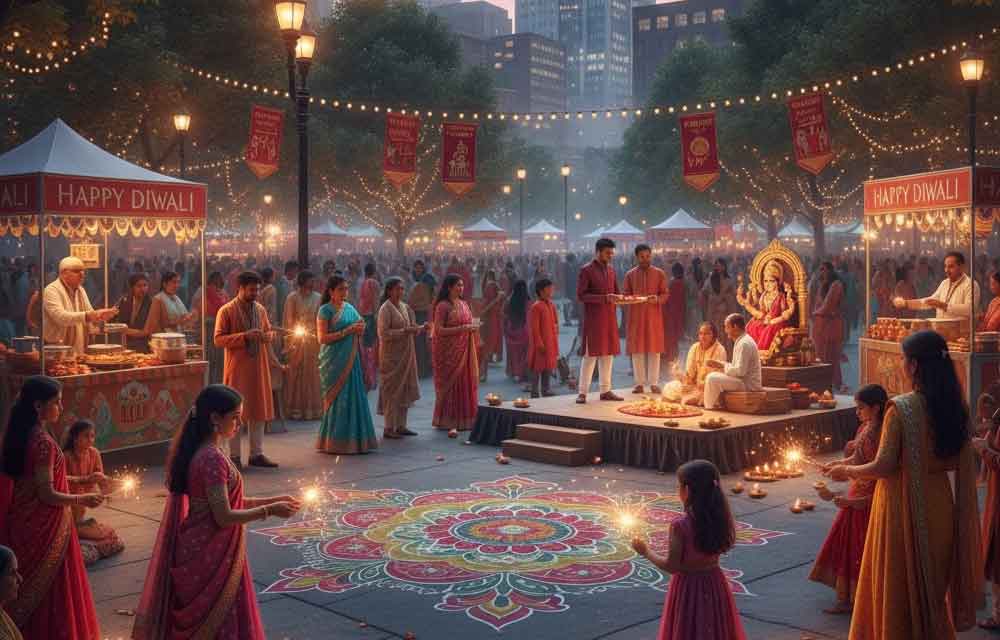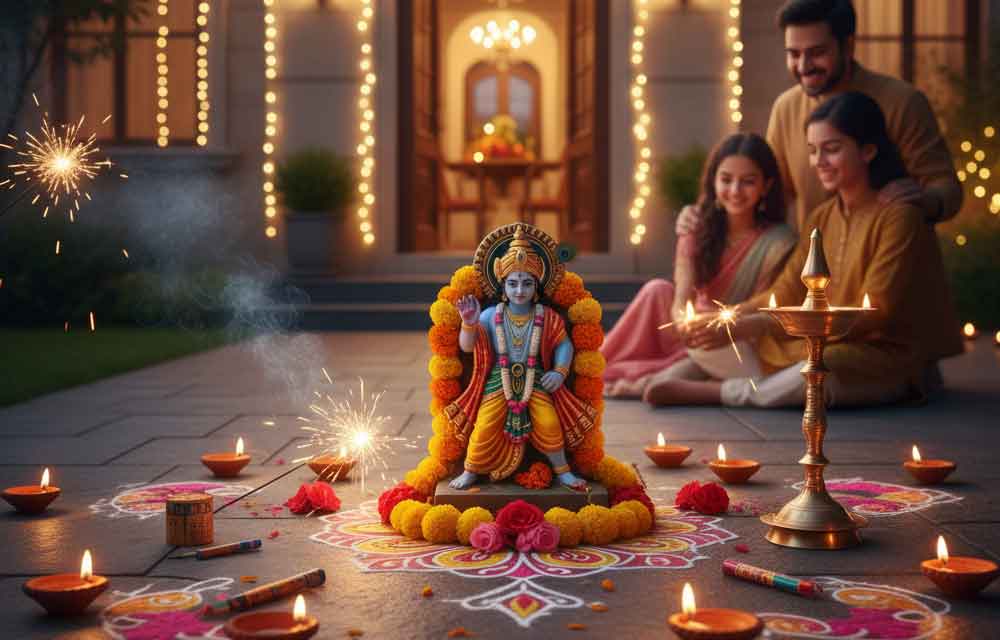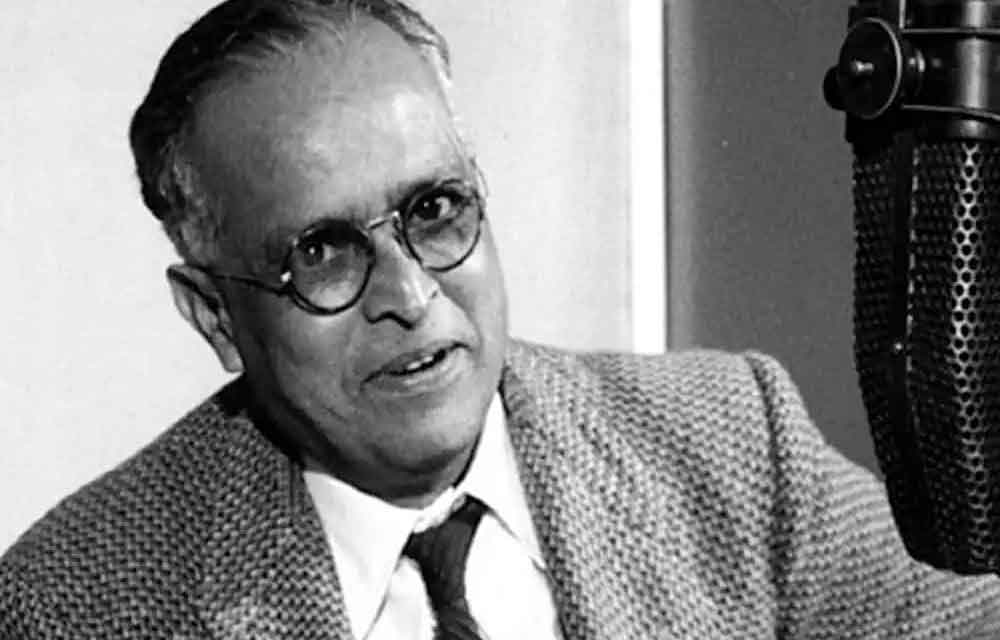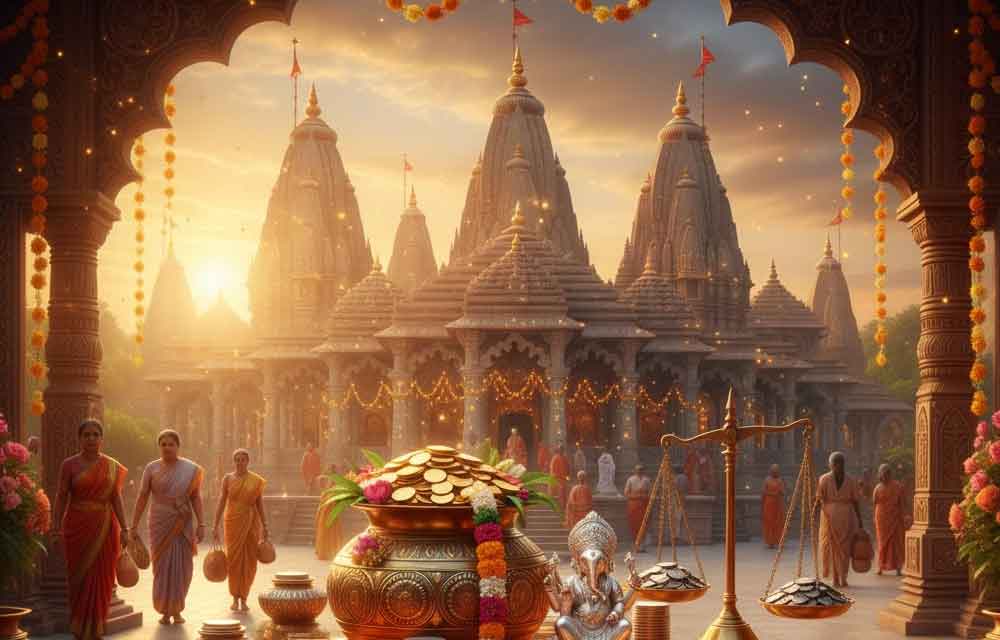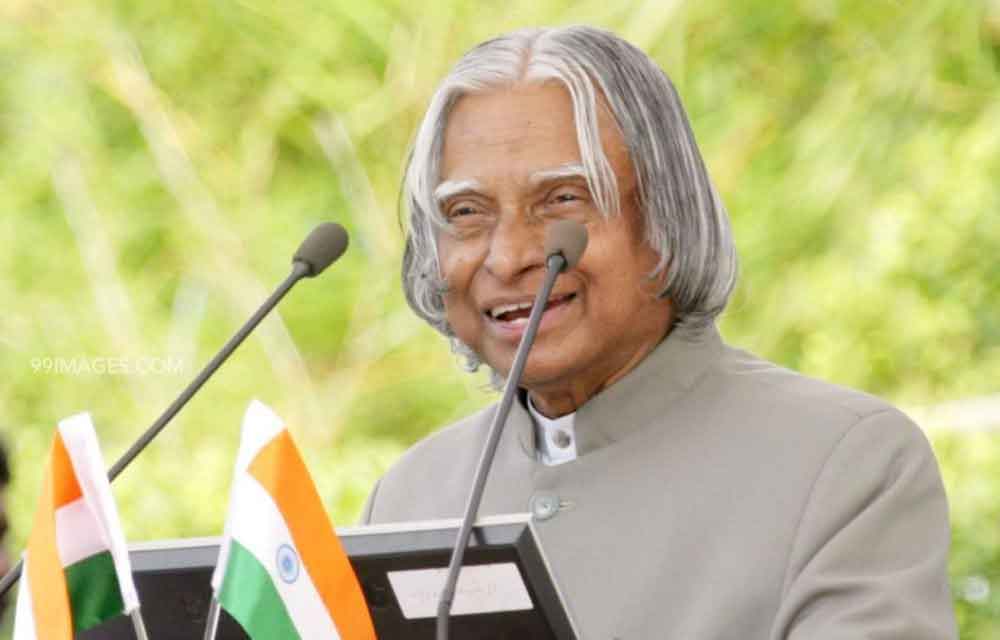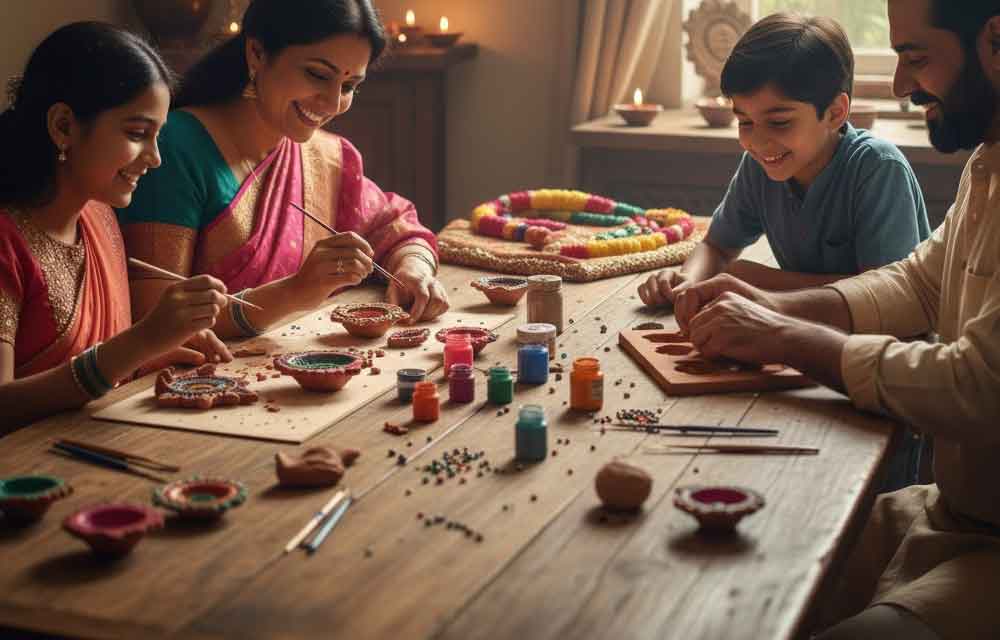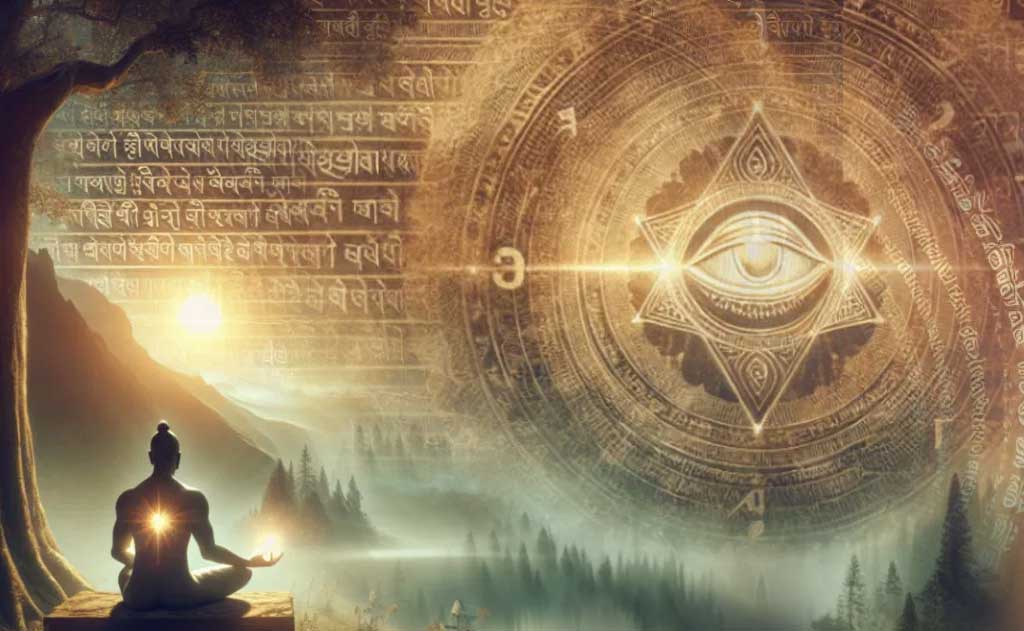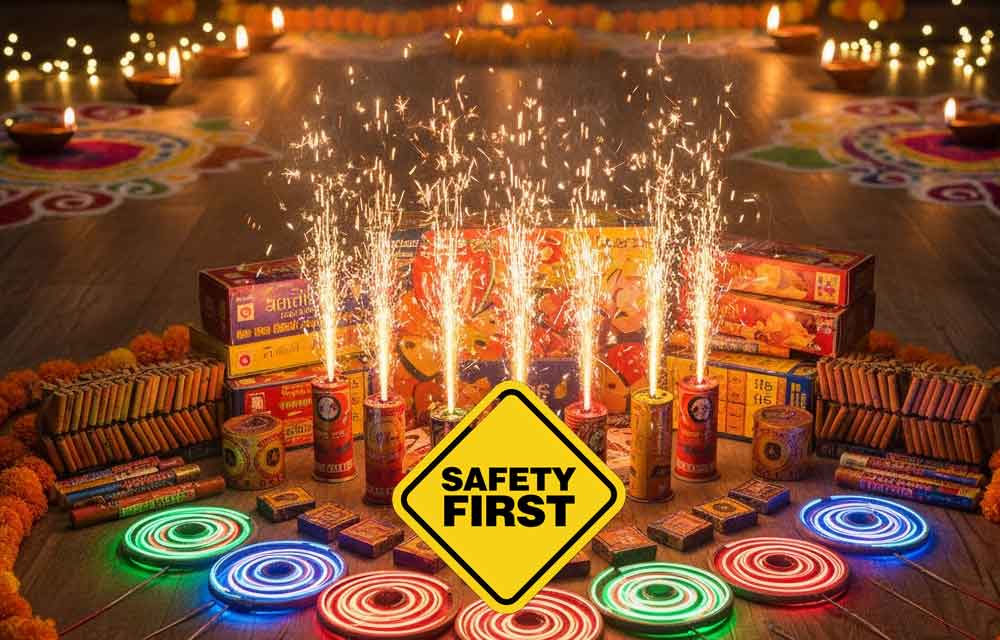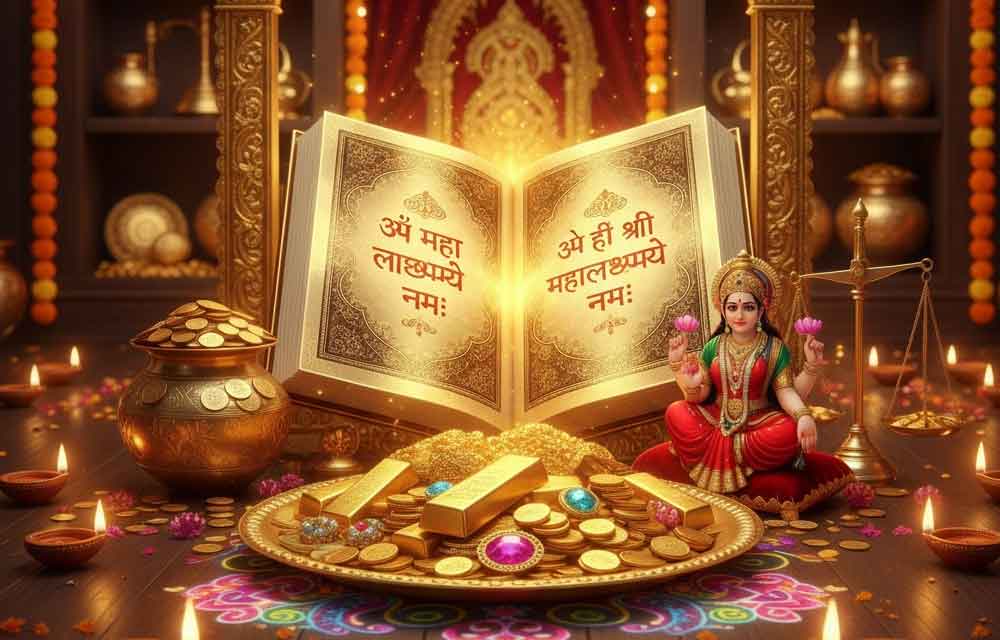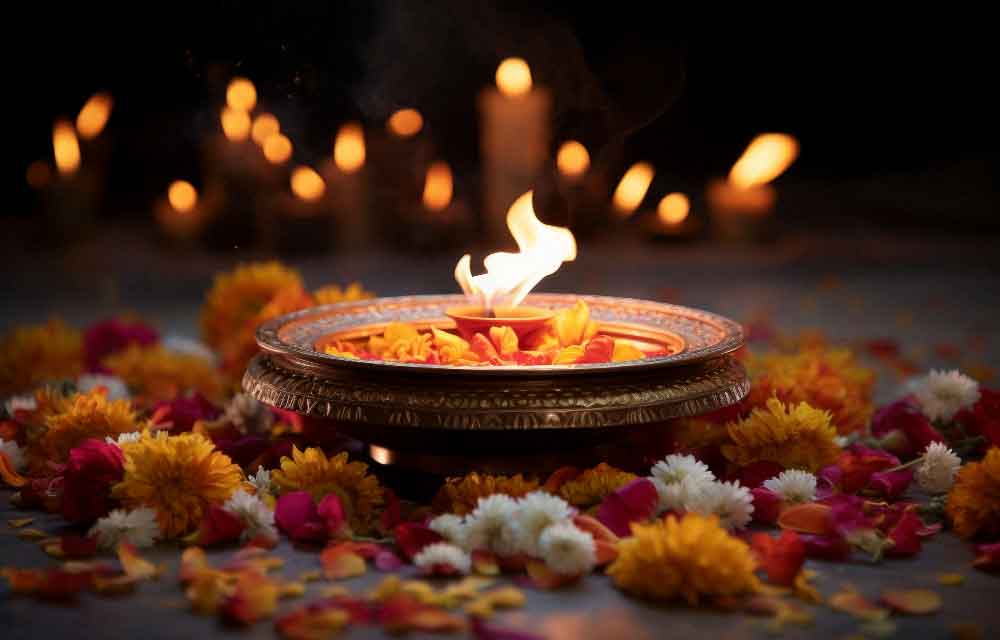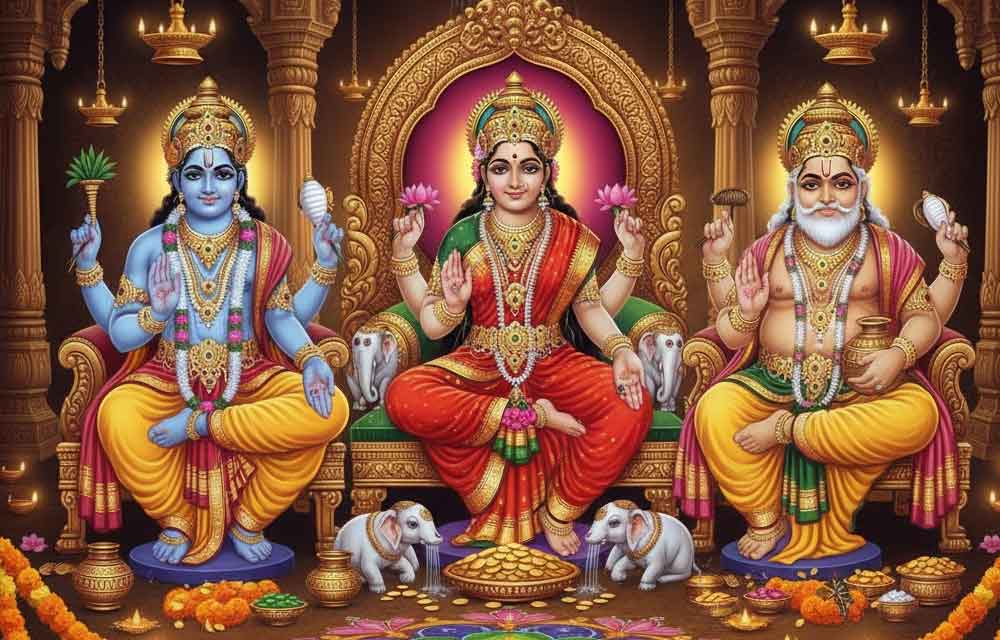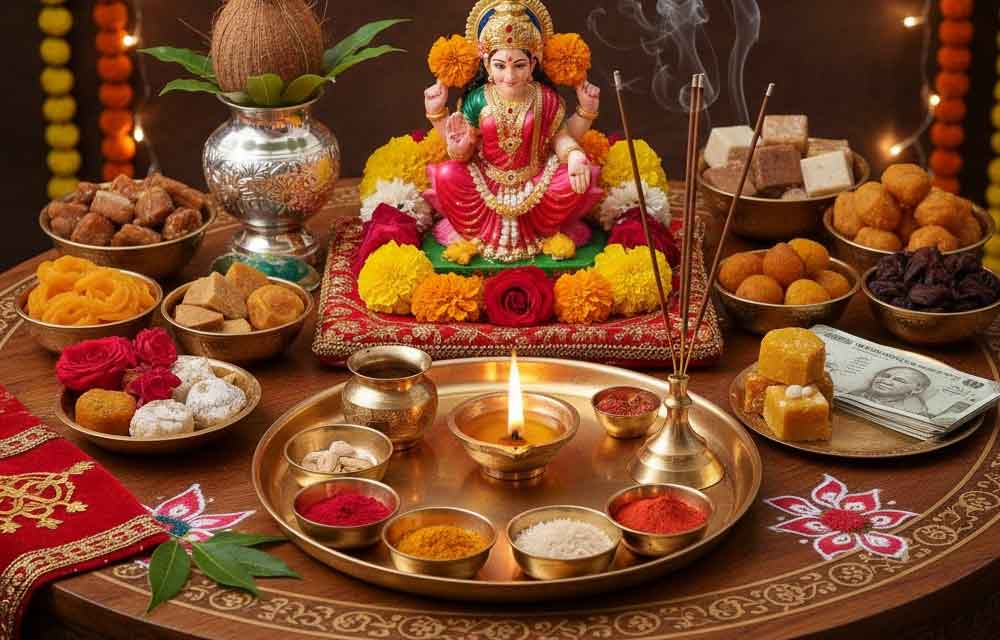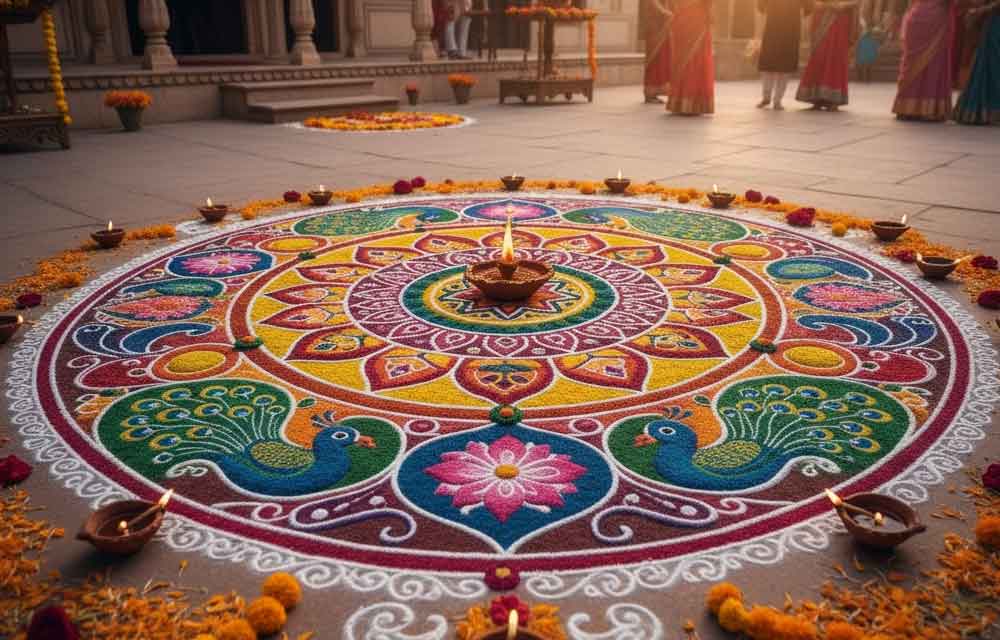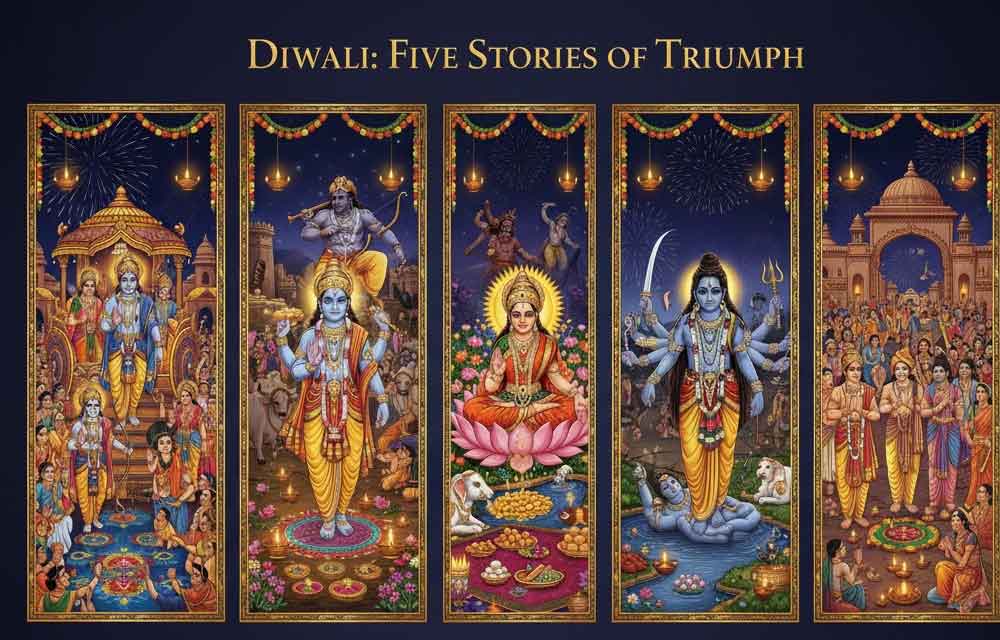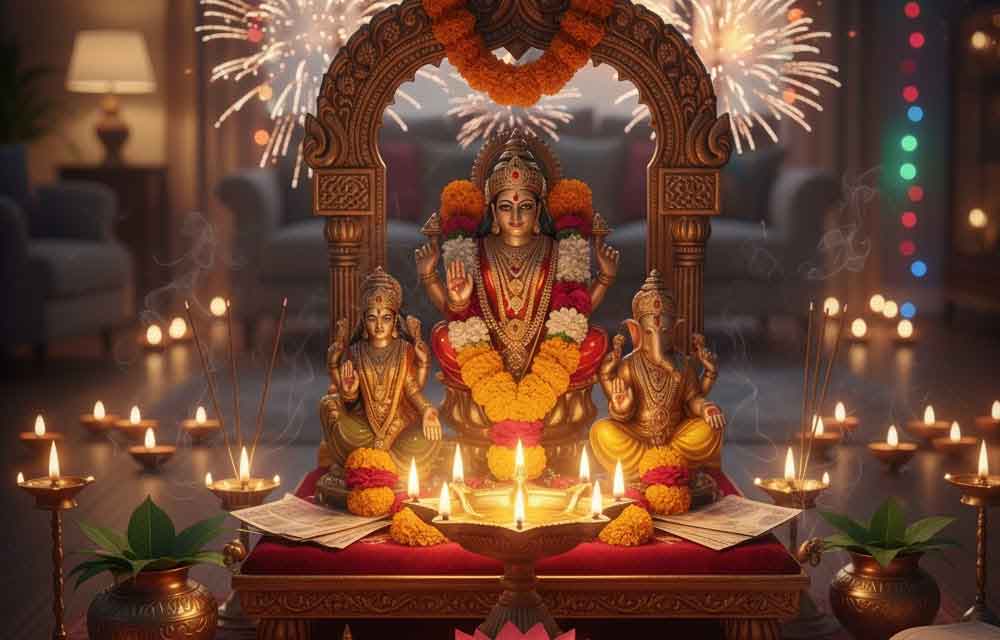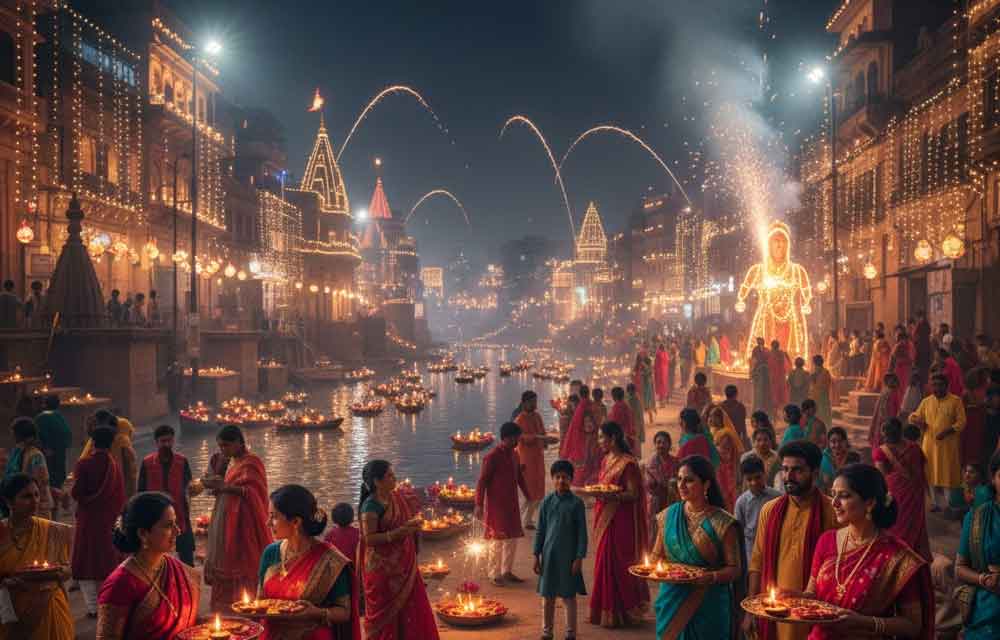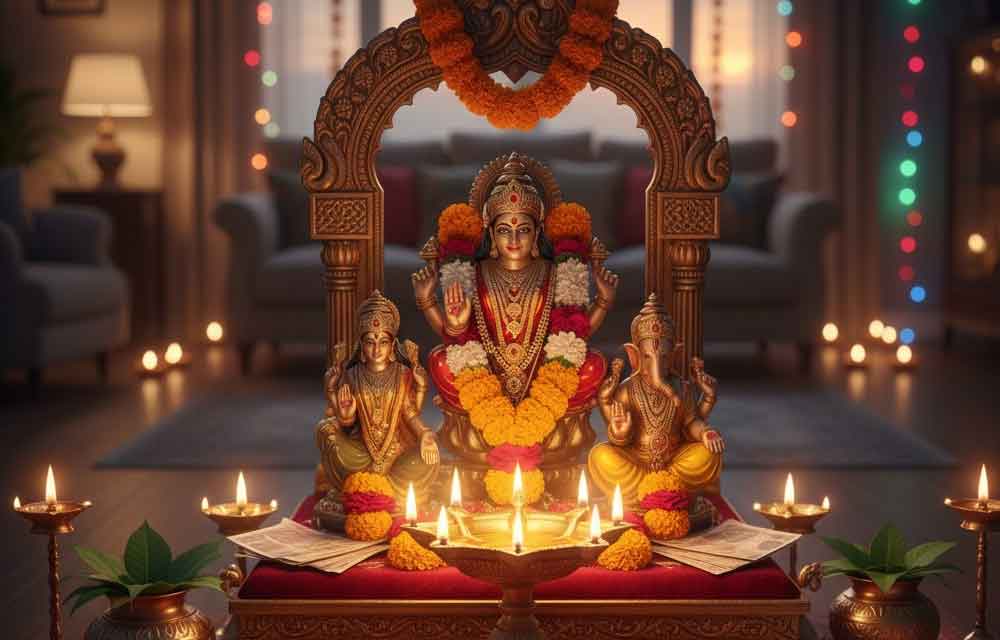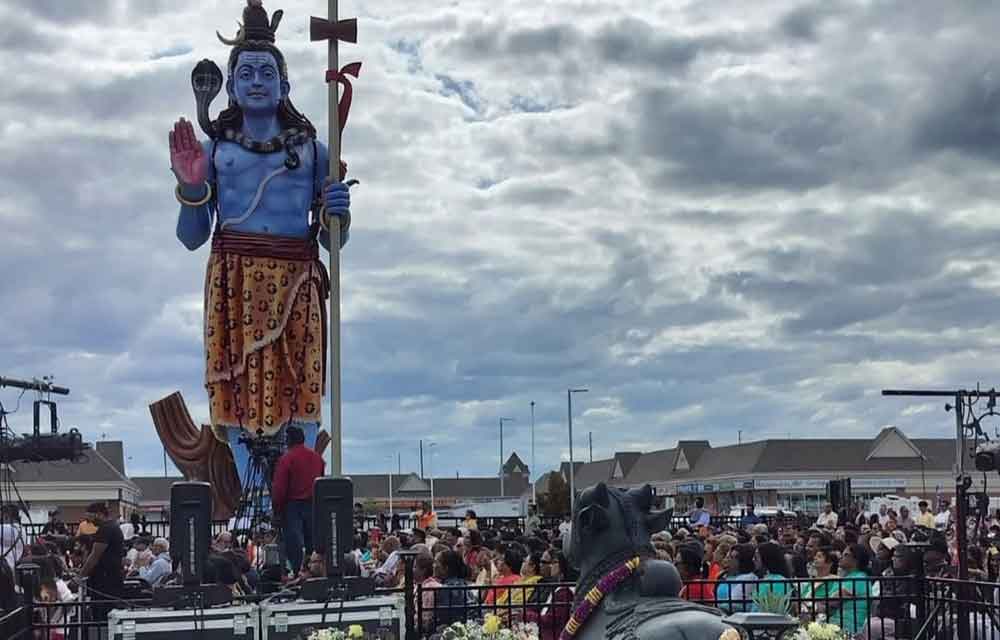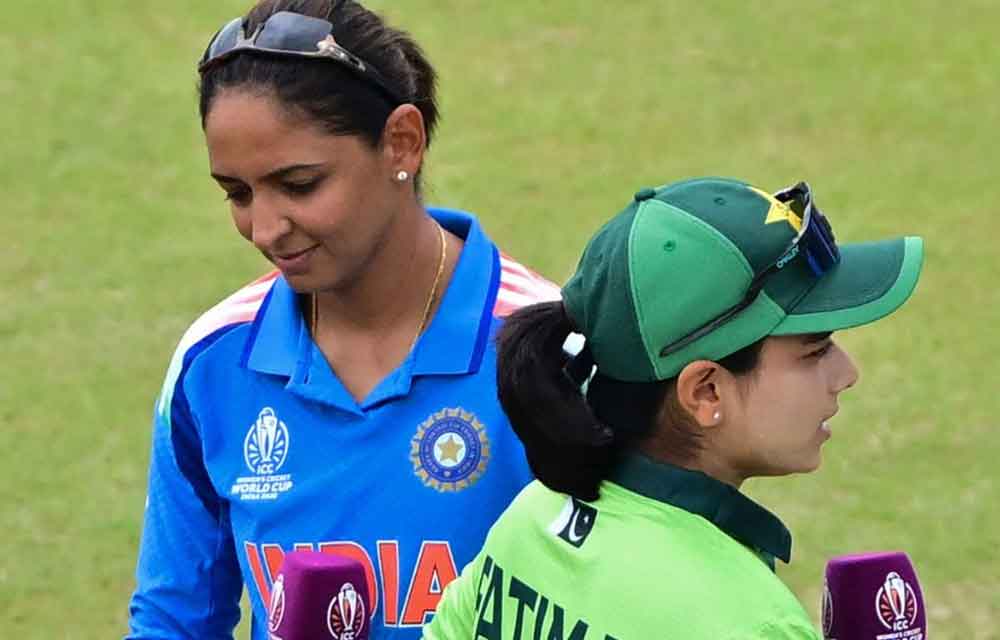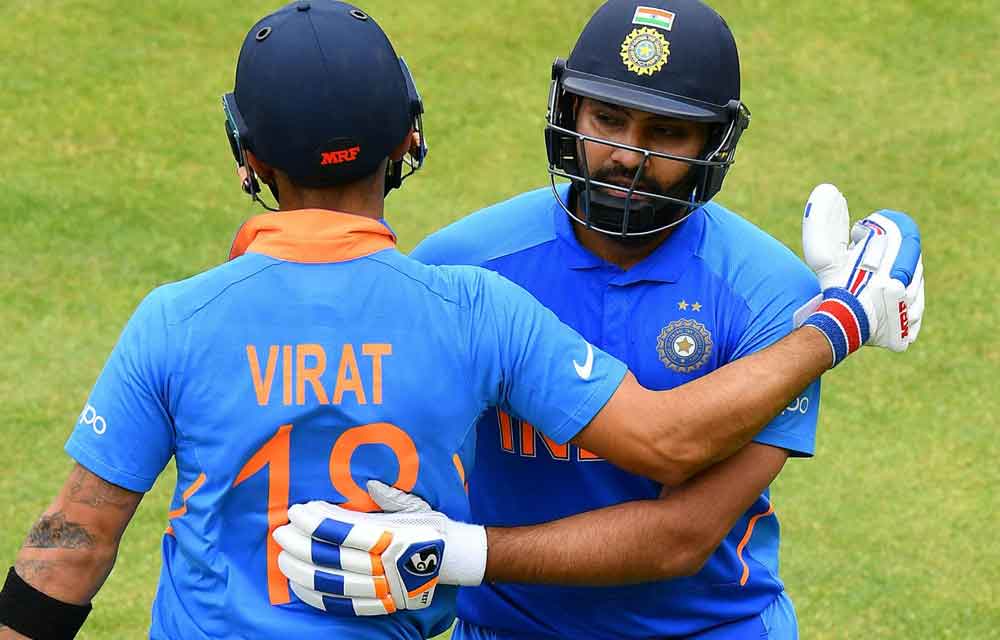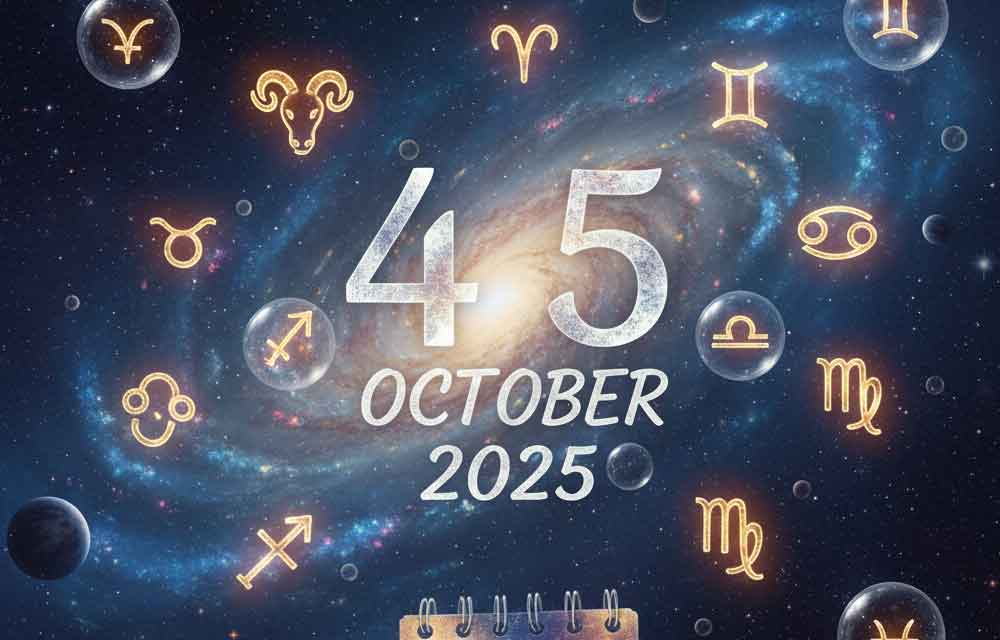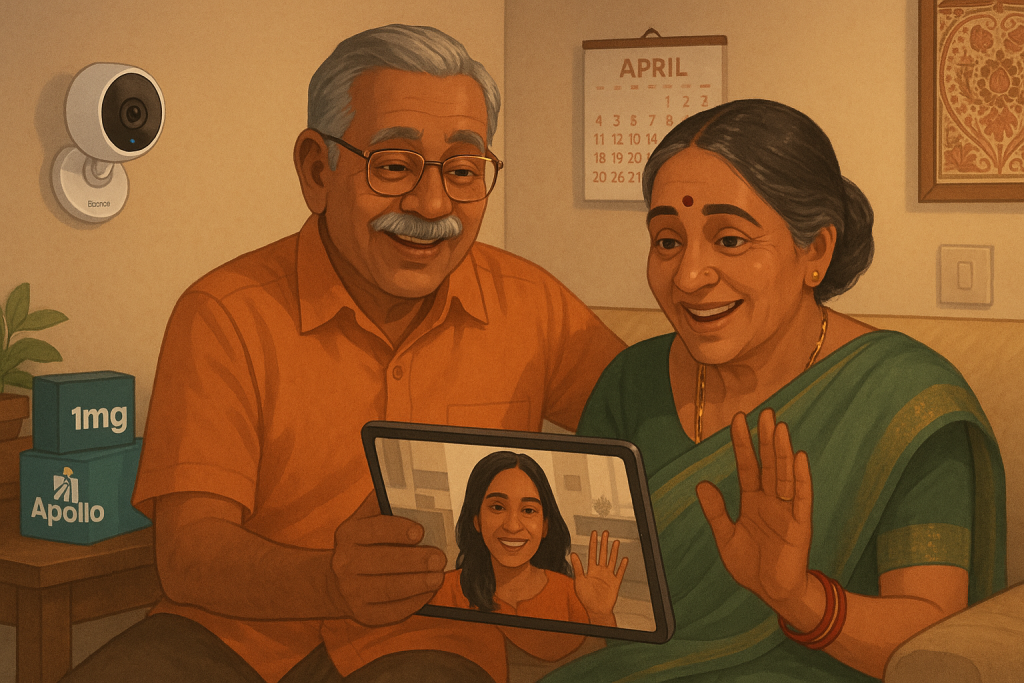The Complete Karwa Chauth 2025 Guide: Rituals, Timings & Fasting Tips
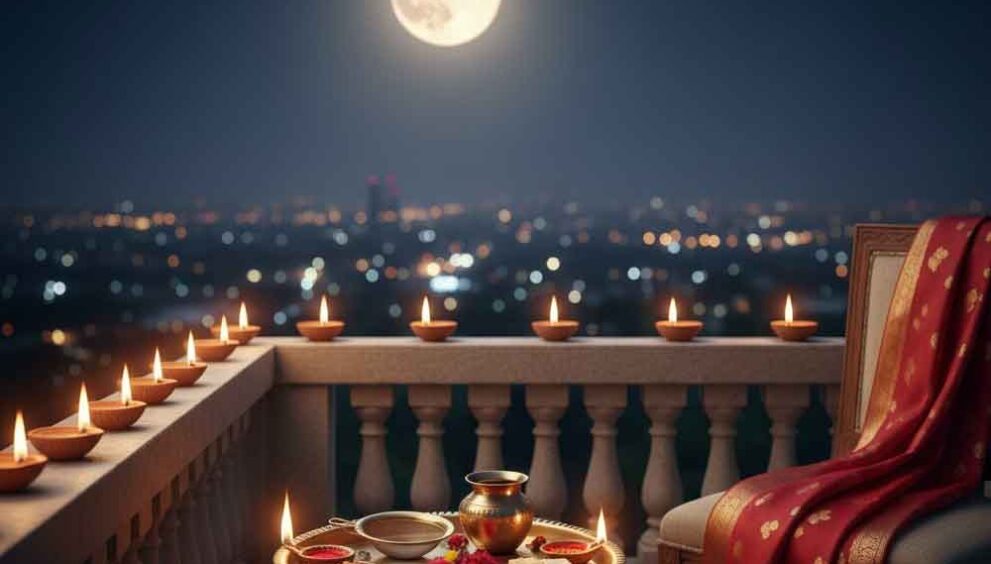
Introduction
Karwa Chauth is one of the most cherished Hindu festivals celebrated by married women across North India and beyond. This auspicious day falls on the fourth day after the full moon in the Hindu month of Kartik, which corresponds to October or November in the Gregorian calendar. In 2025, Karwa Chauth will be observed with the same devotion and grandeur that has characterized this ancient tradition for centuries.
This comprehensive guide provides everything you need to know about Karwa Chauth 2025, from the spiritual significance and historical origins to practical fasting tips and modern celebrations.
Karwa Chauth 2025 Date and Timings
Date: Sunday, October 20, 2025
Important Timings for Karwa Chauth 2025
Karwa Chauth Puja Muhurat:
- Evening Puja Time: 5:43 PM to 6:59 PM
- Duration: 1 Hour 16 Minutes
Moonrise Time (Varies by Location):
- Delhi/NCR: Approximately 8:15 PM
- Mumbai: Approximately 8:45 PM
- Kolkata: Approximately 7:30 PM
- Bangalore: Approximately 8:20 PM
- Hyderabad: Approximately 8:10 PM
Chaturthi Tithi Timings:
- Begins: October 20, 2025, at 4:16 AM
- Ends: October 21, 2025, at 6:04 AM
Note: Moon sighting times vary by geographical location. Please check local timings for your specific city for the most accurate moonrise time.
The Spiritual Significance of Karwa Chauth
Karwa Chauth holds deep spiritual and cultural significance in Hindu tradition. The festival embodies several important values:
Devotion and Love
At its core, Karwa Chauth represents a married woman’s unwavering love and devotion to her husband. The day-long fast, observed from sunrise to moonrise without water or food, symbolizes the strength of marital bonds and the wife’s prayers for her husband’s long life, prosperity, and well-being.
Marital Harmony
The festival celebrates the sacred institution of marriage and reinforces the commitment between husband and wife. It’s a day when couples reaffirm their love and devotion to each other through this beautiful ritual.
Community and Sisterhood
Karwa Chauth is also a celebration of feminine solidarity. Women gather together to perform rituals, share stories, exchange gifts, and support each other through the fast, creating strong community bonds.
Spiritual Purification
The act of fasting is considered a form of spiritual discipline (tapasya) that purifies the body, mind, and soul. It’s believed to bring divine blessings and remove negative energies from one’s life.
The Legend and History of Karwa Chauth
The Story of Veeravati
The most popular legend associated with Karwa Chauth is the tale of Queen Veeravati. According to this ancient story:
Veeravati was the only sister among seven loving brothers. On her first Karwa Chauth after marriage, she observed the fast at her parents’ home. As the day progressed, she became weak with hunger and thirst. Her brothers, unable to bear her suffering, created an illusion of moonrise using a mirror in a pipal tree.
Believing the moon had risen, Veeravati broke her fast. The moment she took the first morsel of food, she received news that her husband had died. Devastated, she wept and prayed to Goddess Parvati, who appeared and revealed the truth about the deception.
Moved by Veeravati’s devotion, the goddess gave her a boon to bring her husband back to life, but with a condition. Through penance and by observing Karwa Chauth with complete devotion the following year, her husband was fully restored to life and health.
This story emphasizes the power of a wife’s devotion and the importance of observing the fast with complete sincerity.
The Story of Karwa
Another legend tells of a devoted wife named Karwa whose husband was bathing in a river when a crocodile caught his leg. Karwa immediately bound the crocodile with cotton yarn and prayed to Yama, the god of death, to send the crocodile to hell.
When Yama refused, she threatened to curse him. Frightened by the power of her devotion and fidelity, Yama granted her wish. The crocodile was sent to hell, and her husband’s life was saved. This story highlights how a devoted wife’s prayers can even challenge death itself.
Historical Origins
Historically, Karwa Chauth has roots in the agrarian communities of northern India. “Karwa” refers to an earthen pot with a spout, traditionally used to store wheat, and “Chauth” means the fourth day. The festival originally coincided with the wheat-sowing season, and women would pray for a good harvest and the well-being of their families.
In ancient times, when men went to war, women would observe this fast for their safe return. The tradition gradually evolved into its current form, where married women fast for their husbands’ longevity.
Traditional Karwa Chauth Rituals and Customs
Pre-Dawn Rituals (Sargi)
The Karwa Chauth fast begins before sunrise with a pre-dawn meal called “Sargi,” which is traditionally prepared and sent by the mother-in-law.
Sargi Preparation:
- Timing: Consumed before sunrise (around 4:30-5:30 AM depending on location)
- Traditional items: Fenia (sweet vermicelli), mathri, fruits, dry fruits, coconut, sweets, and milk
- Modern additions: Parathas, fruits, juices, and energy-rich foods
Sargi Significance: The meal is meant to provide sustenance throughout the day-long fast. It represents the mother-in-law’s blessings and care for her daughter-in-law.
Sargi Tips:
- Eat slowly and mindfully
- Include protein-rich foods for sustained energy
- Stay hydrated before beginning the fast
- Avoid excessive salt which can cause thirst
- Include complex carbohydrates for slow energy release
Morning to Afternoon Activities
Preparation Phase: After Sargi, women typically:
- Rest to conserve energy
- Begin preparations for evening puja
- Apply mehendi (henna) on hands
- Select and prepare their festive attire
- Arrange puja items and offerings
Traditional Attire:
- Married women wear red, pink, or other auspicious colored saris or lehengas
- Gold and traditional jewelry, especially the mangalsutra and sindoor
- Solah Shringar (16 traditional adornments) is considered complete makeup
- Bangles are essential, with red bangles being particularly significant
Evening Puja (Karwa Chauth Ceremony)
The main rituals begin in the evening, typically 1-2 hours before moonrise.
Puja Preparation Items:
Essential Items for the Puja Thali:
- Karwa (earthen pot with spout) filled with water
- Diya (oil lamp)
- Incense sticks
- Roli (vermillion)
- Chawal (rice grains)
- Flowers
- Sweets and fruits
- Mathri and fenia
- A sieve (chalni)
- A small idol or picture of Lord Shiva and Goddess Parvati
The Puja Ceremony:
- Gathering: Women gather in a circle, typically at one home or a community space
- Katha Recitation: The Karwa Chauth story (katha) is narrated, usually seven times. Each woman passes her puja thali to the next woman in the circle while the story is being told
- Prayers: Women offer prayers to Lord Shiva, Goddess Parvati, Lord Ganesha, and Karwa Mata
- Offerings: Water is offered from the karwa, along with flowers, sweets, and other items
- Sindoor Exchange: Married women apply sindoor to each other and exchange gifts
- Community Bonding: This is a time of socializing, singing traditional songs, and sharing experiences
Traditional Karwa Chauth Songs: Folk songs celebrating marital love and the glory of the fast are sung during the puja. These songs vary by region but typically praise the moon, express devotion to the husband, and invoke blessings from the deities.
Moon Sighting and Breaking the Fast
Moon Worship Ritual:
Once the moon rises, the final and most important ritual begins:
- Moon Sighting: Women go to a terrace or open area where the moon is visible
- Offering to the Moon: Women offer water to the moon through the sieve (looking at the moon’s reflection through the sieve). This is done from the karwa while reciting prayers
- Viewing Husband Through Sieve: After offering to the moon, women look at their husbands’ faces through the same sieve
- Breaking the Fast: The husband offers the first sip of water and the first morsel of food to his wife, breaking her fast
- Blessings: The husband seeks forgiveness for any mistakes and thanks his wife for her devotion
Prayer Recited While Offering Water to Moon:
“O Moon God, you appear in the month of Kartik and bless all devotees. I offer you arghya (water offering). Please grant long life, prosperity, and happiness to my husband.”
Post-Fast Celebrations
After breaking the fast:
- A full festive meal is served
- Families gather for dinner
- Husbands often present gifts to their wives
- Special dishes and desserts are prepared
- Some families organize small parties or gatherings
Karwa Chauth Fasting: Complete Guidelines
Health Preparation Before the Fast
One Week Before:
- Increase water intake gradually
- Avoid excessive caffeine
- Eat balanced, nutritious meals
- Get adequate sleep
- Start reducing heavy, oily foods
Two Days Before:
- Focus on light, easily digestible meals
- Increase fruit and vegetable consumption
- Stay well-hydrated
- Avoid stress and overexertion
Day Before:
- Have an early, light dinner
- Drink plenty of water until bedtime
- Prepare Sargi items
- Keep all puja materials ready
- Go to bed early for adequate rest
Sargi: The Pre-Dawn Meal Strategy
Ideal Sargi Composition:
Energy-Sustaining Foods:
- Complex carbohydrates: Whole wheat parathas, oats, sweet potato
- Proteins: Paneer, dry fruits, milk, nuts
- Healthy fats: Ghee, almonds, cashews
- Natural sugars: Dates, figs, bananas
Foods to Include:
- Feniya or sweet vermicelli for quick energy
- Fruits with high water content (papaya, melon, oranges)
- Coconut water for electrolytes
- Dry fruits and nuts for sustained energy
- Milk or lassi for calcium and hydration
Foods to Avoid:
- Excessive salt (causes thirst)
- Spicy foods (causes stomach discomfort)
- Too much sugar (causes energy crashes)
- Fried items (hard to digest)
- Caffeinated beverages (dehydrating)
Managing the Fast During the Day
Morning (Post-Sargi):
- Rest for 1-2 hours after Sargi
- Avoid strenuous physical activity
- Stay in cool, comfortable environments
- Engage in light activities like reading or watching TV
Afternoon:
- Take short naps if feeling tired
- Avoid direct sunlight
- Stay indoors in air-conditioned or cool spaces
- Begin preparations for evening puja at a leisurely pace
Late Afternoon/Evening:
- Start getting ready for the ceremony
- Apply mehendi if planned
- Conserve energy for the puja
- Stay mentally positive and focused on the spiritual aspect
Dealing with Common Issues:
Headaches:
- Rest in a dark, quiet room
- Apply a cool compress to forehead
- Practice deep breathing
- Avoid screens and bright lights
Weakness or Dizziness:
- Sit or lie down immediately
- Place feet at an elevated level
- Take slow, deep breaths
- Seek support from family members
Extreme Discomfort:
- Listen to your body
- Don’t hesitate to break the fast if medically necessary
- Consult family elders or a healthcare provider
- Remember that your health is paramount
Breaking the Fast Properly
The Right Way to Break Your Fast:
First Sip (Water):
- Take small sips slowly
- Drink room temperature water
- Wait 2-3 minutes before eating
First Morsel (Food):
- Start with something light and sweet
- Traditional: Sweet, fenia, or a small piece of sweet
- Modern: A date or small piece of fruit
- Chew slowly and mindfully
Gradual Eating:
- Wait 10-15 minutes before a full meal
- Start with light items like fruits or kheer
- Gradually move to regular foods
- Avoid overeating despite hunger
Post-Fast Meal Recommendations:
- Light, easily digestible foods
- Warm, cooked meals rather than raw foods
- Include fluids: soups, dal, buttermilk
- Avoid heavy, fried, or very spicy foods immediately
Special Karwa Chauth Recipes
Traditional Sargi Dishes
1. Fenia (Sweet Vermicelli)
Ingredients:
- Vermicelli – 1 cup
- Ghee – 3 tablespoons
- Sugar – ½ cup
- Milk – 2 cups
- Cardamom powder – ½ teaspoon
- Saffron strands – a pinch
- Chopped nuts (almonds, cashews, pistachios)
2. Mathri (Savory Crackers)
Ingredients:
- All-purpose flour – 2 cups
- Semolina – 2 tablespoons
- Ghee – ¼ cup
- Ajwain (carom seeds) – 1 teaspoon
- Salt to taste
- Water as needed
Post-Fast Meal Ideas
Kheer (Rice Pudding) A light, sweet dish perfect for breaking the fast.
Light Sabzi and Roti Easy-to-digest vegetables with soft rotis.
Dal and Rice Comforting, nutritious, and gentle on the stomach.
Paneer Dishes Protein-rich and satisfying options.
Regional Variations of Karwa Chauth
North India Traditions
Punjab and Haryana:
- Grand celebrations with elaborate sargi
- Heavy emphasis on community gatherings
- Singing of traditional folk songs (giddha)
- Exchange of baya (gifts) between mothers-in-law and daughters-in-law
Uttar Pradesh:
- Storytelling is central to the celebration
- Women gather in large groups for the puja
- Traditional folk tales are narrated with great devotion
Rajasthan:
- Elaborate puja thalis with decorative items
- Traditional Rajasthani attire and jewelry
- Community feasts after moon sighting
Differences in Other Regions
Delhi and NCR: Modern celebrations with traditional roots, incorporating contemporary fashion and gift-giving.
Madhya Pradesh: Focus on the religious aspects with temple visits and community pujas.
Eastern India: Celebrated in some communities with variations in rituals and timing.
Modern Celebrations and Evolution
Contemporary Trends
Fashion and Beauty:
- Designer wear specifically for Karwa Chauth
- Professional makeup and styling services
- Bridal-style mehendi designs
- Photo shoots and social media sharing
Technology Integration:
- Virtual pujas for women unable to gather
- Moon sighting apps and timers
- Online shopping for puja items and gifts
- Digital invitations for gatherings
Inclusive Celebrations:
- Some men also fasting alongside their wives
- Unmarried women observing for future partners
- Recognition of all types of marital relationships
- Focus on partnership rather than one-sided sacrifice
Karwa Chauth in Popular Culture
The festival has been prominently featured in Bollywood films like:
- Dilwale Dulhania Le Jayenge (DDLJ)
- Baghban
- Kabhi Khushi Kabhie Gham
These portrayals have popularized the festival beyond traditional communities and even internationally.
Gift Ideas for Karwa Chauth 2025
Traditional Gifts
For Wives:
- Gold or diamond jewelry
- Silk sarees or lehengas
- Sindoor and bangles set
- Religious idols or decorative items
- Karwa Chauth special puja thalis
For Mothers-in-Law:
- Sargi items with traditional sweets
- Sarees or dress materials
- Silver items or coins
- Decorative karwas
- Personalized gifts
Modern Gift Ideas
Experiential Gifts:
- Spa packages for post-fast relaxation
- Restaurant dinner bookings
- Weekend getaway plans
- Couple experiences
Practical Gifts:
- Designer handbags
- Smartwatches or tech gadgets
- Home decor items
- Subscription boxes
Personalized Options:
- Custom jewelry with engravings
- Photo albums or frames
- Personalized clothing
- Customized puja items
Karwa Chauth for First-Timers
What to Expect on Your First Karwa Chauth
Emotional Aspects:
- Nervousness is normal
- Sense of belonging to married women’s community
- Deeper connection with spouse and family
- Pride in participating in ancient tradition
Physical Preparation:
- Don’t be afraid to ask questions
- Learn from experienced women
- Listen to your body
- Don’t compare your experience with others
Practical Tips:
- Wake up for Sargi even if difficult
- Keep yourself engaged during the day
- Accept help from family members
- Focus on the spiritual meaning
Checklist for First-Time Observers
One Week Before:
- ☐ Inform family members
- ☐ Purchase puja items
- ☐ Select outfit and jewelry
- ☐ Book mehendi artist if desired
- ☐ Plan Sargi menu
- ☐ Prepare mentally for the fast
Day Before:
- ☐ Confirm moonrise timing
- ☐ Prepare Sargi items
- ☐ Set multiple alarms for pre-dawn wake-up
- ☐ Keep puja thali ready
- ☐ Iron outfit and organize accessories
- ☐ Discuss breaking-fast plans with spouse
Day Of:
- ☐ Wake up for Sargi
- ☐ Rest after Sargi
- ☐ Apply mehendi
- ☐ Get dressed and ready for puja
- ☐ Attend community gathering
- ☐ Perform moon worship
- ☐ Break fast with spouse
Health and Safety Considerations
Who Should Avoid Fasting
Medical Conditions:
- Pregnancy (especially high-risk)
- Diabetes (insulin-dependent)
- Heart conditions
- Kidney problems
- Low blood pressure
- Severe anemia
- Any chronic illness requiring medication
Other Considerations:
- Breastfeeding mothers
- Women during menstruation (traditional view, though many still observe)
- Post-surgery recovery period
- Anyone under medical treatment
Safe Fasting Practices
Hydration Before Fast:
- Drink adequate water before sunrise
- Include hydrating foods in Sargi
- Avoid caffeine before fasting
Listen to Your Body:
- Severe dizziness or fainting
- Extreme weakness
- Sharp pains
- Difficulty breathing
- Unusual symptoms
When to Break the Fast Early:
- Medical emergency
- Unbearable discomfort
- Doctor’s advice
- Pregnancy complications
Alternative Ways to Observe
Modified Fasting:
- Fruit-only fast
- Water allowed throughout the day
- Breaking fast earlier than moonrise
- One meal during the day
Non-Fasting Participation:
- Attending puja ceremonies
- Wearing traditional attire
- Participating in prayers
- Supporting fasting women
FAQs About Karwa Chauth 2025
Q: Can pregnant women observe Karwa Chauth fast? A: Pregnant women, especially those with high-risk pregnancies, should consult their doctors. Many choose modified fasts or participate without fasting. Health should always come first.
Q: What if the moon is not visible due to clouds? A: If the moon is not visible, you can break your fast based on the official moonrise time for your location. Some traditions suggest waiting an additional 15-20 minutes if possible.
Q: Can unmarried women observe Karwa Chauth? A: While traditionally observed by married women, some unmarried women fast for their future spouses. There’s no religious prohibition, though practices vary by family.
Q: Is it necessary to see the moon’s reflection through a sieve? A: The sieve ritual is traditional but not mandatory. The essential aspect is viewing the moon and offering prayers before breaking the fast.
Q: Can the fast be broken if someone becomes ill? A: Absolutely. Health takes precedence over any religious observance. If you feel severely unwell, break your fast immediately.
Q: Do men fast on Karwa Chauth? A: Traditionally, women fast for their husbands. However, increasingly, some men choose to fast alongside their wives as a gesture of solidarity and love.
Q: What if moonrise is very late at night? A: In some locations, moonrise can be quite late. You can break your fast at the designated moonrise time based on astronomical calculations, even if you cannot actually see the moon.
Q: How to handle work commitments on Karwa Chauth? A: Many women take the day off. If working, keep tasks light, stay in air-conditioned spaces, and inform colleagues about your fast so they can be supportive.
Karwa Chauth Puja Vidhi (Step-by-Step)
Complete Puja Procedure
Step 1: Preparation (Before Sunset)
- Arrange all puja items on decorated thali
- Fill karwa with water
- Light diya with ghee
- Place idol or picture of deities
Step 2: Invocation
- Begin with Ganesh puja for obstacle-free ritual
- Invoke Goddess Parvati and Lord Shiva
- Pray to Karwa Mata
Step 3: Offering
- Offer flowers, roli, and chawal
- Light incense sticks
- Offer sweets and fruits
- Pour water from karwa as offering
Step 4: Katha (Story Narration)
- Listen to or recite Karwa Chauth katha
- Pass thali in circle (if in group)
- Complete seven rounds of story exchange
Step 5: Moon Worship
- Wait for moonrise
- View moon through sieve
- Offer water to moon through sieve
- Recite moon prayer
Step 6: Viewing Husband
- Look at husband’s face through sieve
- Husband touches wife’s feet (in some traditions)
- Seek blessings
Step 7: Breaking Fast
- Accept first water from husband
- Accept first food from husband
- Complete the ritual with gratitude
Karwa Chauth and Married Life
Strengthening Marital Bonds
Karwa Chauth offers an opportunity for couples to:
- Reaffirm their commitment
- Express gratitude for each other
- Spend quality time together
- Create cherished memories
- Honor tradition together
Beyond the Ritual
Modern Perspective: While rooted in tradition, many modern couples view Karwa Chauth as:
- A celebration of partnership
- An expression of mutual care
- A cultural connection
- A romantic occasion
Making It Meaningful:
- Discuss the significance together
- Express appreciation beyond the ritual
- Share household responsibilities on this day
- Create new traditions as a couple
Conclusion
Karwa Chauth 2025 continues the centuries-old tradition of celebrating marital love and devotion. Whether you observe it traditionally or with a modern twist, the festival’s essence remains the same: honoring the sacred bond between husband and wife.
As you prepare for Karwa Chauth on October 20, 2025, remember that while the rituals are important, the spirit of love, devotion, and partnership is what truly matters. May this Karwa Chauth bring happiness, prosperity, and strengthen the bonds of love in your married life.
May the moon bless all observing women and their families with long life, prosperity, and eternal happiness!
For more information about Hindu festivals, traditions, and cultural celebrations, visit www.hindutone.com
Important Reminder: Always prioritize your health and wellbeing. Consult healthcare providers if you have any medical conditions before observing the fast.
Happy Karwa Chauth 2025!

 English
English 
